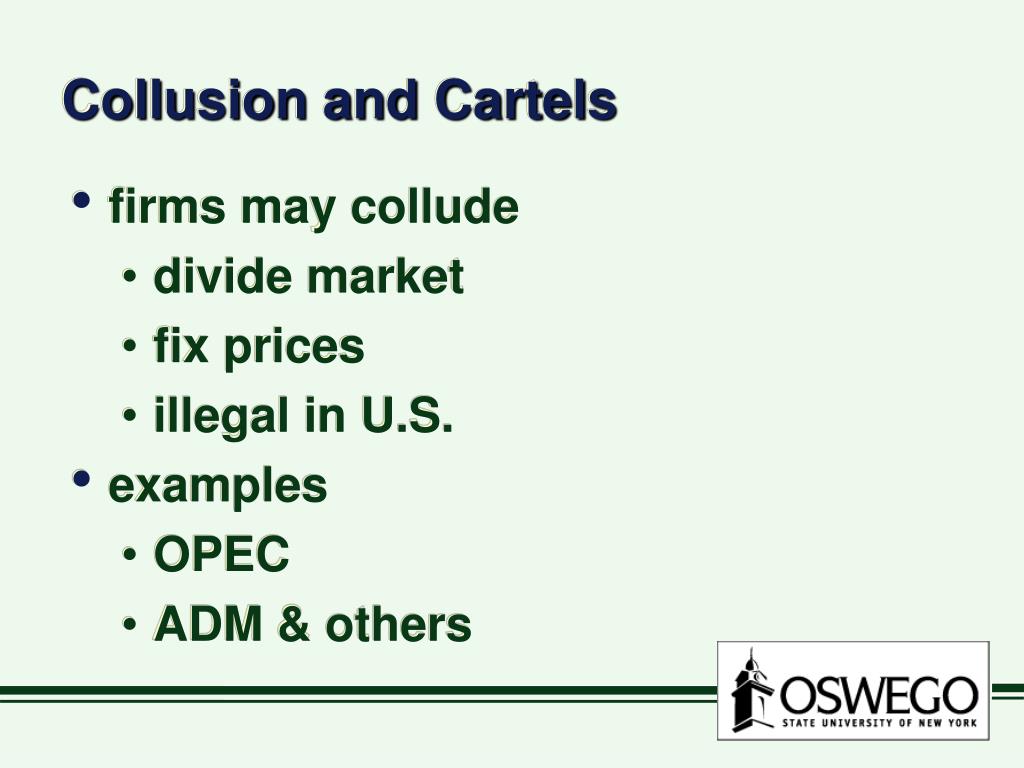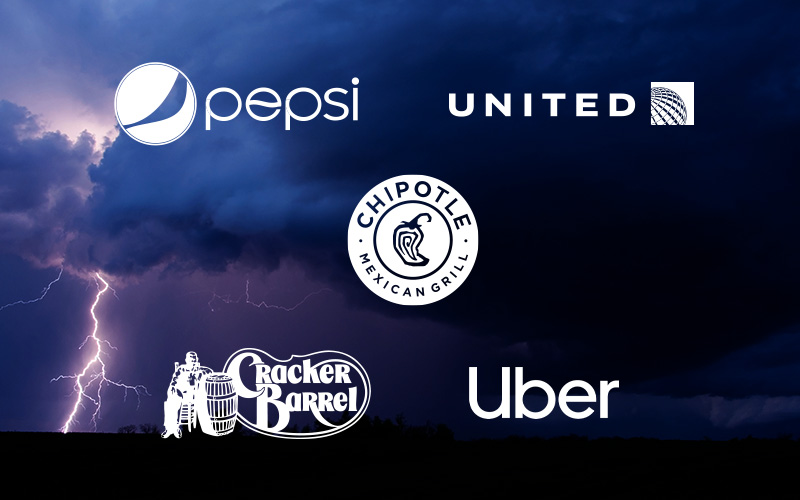
What are the real world examples of perfect competition?
The firm will be unable to sustain itself in a perfectly competitive market if it tries to charge even a tiny amount more than the market price. Following are the Real World Examples of Perfect Competition in the United States, Canada, Australia, and Other Countries. 1. Crops in the United States
What is the difference between perfect and imperfect competition?
Perfect competition is theoretically the opposite of a monopolistic market. Since all real markets exist outside of the plane of the perfect competition model, each can be classified as imperfect. Perfect competition is a benchmark, or "ideal type," to which real-life market structures can be compared.
Is perfect competition the best market structure?
Economists have every reason to believe that perfect competition is the best market structure to protect the interests of the common consumers. Profit maximization remains the sole aim of the sellers in a perfectly competitive market.
What are some examples of franchises?
First on our list of franchise examples, and probably one of the most famous ones, is McDonald’s. The leading fast food company has been franchising since 1955 as a predominant way of doing business. In fact, out of the 38,695 restaurants that McDonald’s has worldwide, 36,059 are operated by franchisees, and only 2,636 by the company itself.

What are some examples of perfect competition?
What Is an Example of Perfect Competition? Consider a farmers market where each vendor sells the same type of jam. There is little differentiation between each of their products, as they use the same recipe, and they each sell them at an equal price.
Is McDonald's an example of perfect competition?
Answer: Monopolistic Competition Many firms have similar marketing strategies and recipes but McDonald's is still unique. Thus, the market can't be perfectly competitive since the goods aren't homogeneous. The market can't be a monopoly because there are other sellers of fast food.
What are 5 examples of perfectly competitive markets?
Examples of perfect competitionForeign exchange markets. Here currency is all homogeneous. ... Agricultural markets. In some cases, there are several farmers selling identical products to the market, and many buyers. ... Internet related industries.
Is pizza an example of perfect competition?
This is because the sale of pizza is an almost perfectly competitive industry, with very defined costs and profits. It is clear that the more competition, the more demand.
Is restaurant a perfect competition?
Restaurants are a monopolistically competitive sector; in most areas there are many firms, each is different, and entry and exit are very easy. Each restaurant has many close substitutes—these may include other restaurants, fast-food outlets, and the deli and frozen-food sections at local supermarkets.
Is Apple imperfect competition?
They are competitive, but they are imperfect. Many of the markets in real life can be considered as imperfect competition. Market structures with no competition (monopoly) are excluded....Market Structure of Apple.✅ Paper Type: Free Essay✅ Subject: Economics✅ Wordcount: 3447 words✅ Published: 10th Aug 2021Aug 10, 2021
What businesses are in perfect competition?
3 Perfect Competition ExamplesAgriculture: In this market, products are very similar. Carrots, potatoes, and grain are all generic, with many farmers producing them. ... Foreign Exchange Markets: In this market, traders exchange currencies. ... Online shopping: We may not see the internet as a distinct market.
What firms are perfectly competitive?
Firms are said to be in perfect competition when the following conditions occur: Many firms produce identical products. Many buyers are available to buy the product, and many sellers are available to sell the product.
What type of business is one of the best examples of perfect competition?
Farmers' markets: The average farmers' market is perhaps the closest real-life example to perfect competition. Small producers sell nearly identical products for very similar prices.
Are coffee shops perfect competition?
The coffee shop industry is a monopolistically competitive market; this entails a market situation where there are a lot of large companies competing, but each company has some degree of market power, being able to determine its own price and ergo have an insignificantly small share of the market (low concentration).
Is gasoline perfect competition?
Retail Gasoline Markets are close to Perfect Competition! Perfectly competitive markets are characterized by products that barely differ (homogenous), sold by lots of small producers (in this case, gas station owners) and with no barriers to entry.
Are tomatoes perfectly competitive?
Answer and Explanation: Tomato market is a perfect competitive market. Tomatoes are homogenous and the price of agricultural products is determined by the forces of supply and demand. In addition, the entry to tomato market has no barriers, therefore, the tomato market qualifies to be a perfectly competitive market.
What competition does McDonalds have?
McDonald's is one of the largest and most well-known fast-food chains in the world. Privately-owned Burger King is McDonald's closest competitor. Yum Brands operates Taco Bell, KFC, and Pizza Hut. Subway is the largest restaurant chain in the world in terms of size, but sales have been sliding since 2012.
What type of market structure is McDonald's?
Market Structure of McDonald's. McDonald's cannot be considered as a Monopoly because it does not single sell a good which is unique. McDonald's is one of the biggest companies selling hamburgers, and so does Burger King and KFC. Interdependence is a key of an oligopoly.
Is McDonald's a competitive market?
Even though McDonald's attracts a different audience when compared to your local pizzeria or your favorite local restaurant, they are still competing for a slice of your income. These restaurants are focused on delivering a personal experience to their customers.
What market does McDonald's compete in?
As a quick-service restaurant, McDonald's faces direct competition from restaurants such as KFC, Subway, Taco Bell, Wendy's, and Burger King.
What Makes Perfect Competition Unrealistic?
The biggest criticism for competitive markets remains the fact that it is extremely passive. It allows no space for innovation or advertising, which are considered to be the pillars of any profit-making enterprise. Product homogeneity is also viewed as an unfair condition which stunts the growth of the trade, and has an adverse effect on human lifestyle in the long run.
What is the purpose of homogeneous supply?
The supply of homogeneous product ensures that the products are available for consumers whenever they wish to make a purchase. Illegal pricing tactics and hoarding find no place in a purely competitive market.
What is profit maximization?
Profit maximization remains the sole aim of the sellers in a perfectly competitive market. Due to the existence of many sellers, the market share of each seller automatically reduces in a perfectly competitive market, leaving them with ample freedom to enter and exit from the market whenever they wish.
Why is perfect competition important?
Economists have every reason to believe that perfect competition is the best market structure to protect the interests of the common consumers. Profit maximization remains the sole aim of the sellers in a perfectly competitive market. Due to the existence of many sellers, the market share of each seller automatically reduces in a perfectly competitive market, leaving them with ample freedom to enter and exit from the market whenever they wish.
What is the closest representation of perfectly competitive markets?
Agricultural markets are the closest representation of perfectly competitive markets. These are marketplaces which have a large number of vendors selling fruit, vegetables, and poultry – namely, identical produce. The prices of goods are competitive, and no single seller can yield an influence over the pricing.
What is perfect competition?
Perfect competition, also termed pure competition is an ideal market scenario, where all competitors sell identical products, each having a small share in the market. Perfect competition is a hypothetical concept of a market structure. Perfect competition, also termed pure competition is an ideal market scenario, ...
What is the real world of companies?
In the real world, companies are constantly engaged in a battle, wanting to outdo their competitors. They resort to innovation, price hikes, and advertising to achieve a stronghold in the market. Some of these practices may benefit the consumers, whereas some may not.
What is a homogenous product?
A homogenous product, with large numbers of buyers and sellers that can enter or exit the market.
What is perfect competition?
Perfect Competition is a type of market structure where many firms sell similar products and profits are virtually non-existent due to fierce competition. With that said, it is important to realise that perfect competition is an abstract term used to compare against real life markets.
Why do competitors have a similar market share?
Competitors all have a similar market share because firms are unable to compete on price. As firms produce where Marginal Revenue = Marginal Cost, there is no room to reduce prices.
Why do customers know the quality of a product?
Furthermore, customers are also aware of the quality of a product. For instance, one firm may reduce costs to provide a lower quality product and make more profit. Since customers have perfect information, they will know the product is inferior. In turn, they will switch to competitors – putting the original firm out of business.
What is price elasticity of demand?
Price Elasticity of Demand (PED) measures how customers change their behaviour when prices change. In other words, it refers to… …
What is a perfectly competitive market?
A perfectly competitive market has many buyers and sellers. This means that firms are known as ‘price takers’. In other words, the firm must sell at the ‘equilibrium’ price – this is where the firm sells when supply and demand align.
What does it mean when a company has a number of competitors in the market?
The number of competitors in the market means that each company is prevented from raising prices. If they do, then they will be forced out of the market as consumers are able to switch to cheaper alternatives. 2. Similar Products Sold.
What is franchise program?
The company’s franchise program ensures that every franchisee gets proper training to lead their store successfully, and provides additional support in terms of marketing, merchandising, and promotion.
What is franchising system?
Today, the franchising system is a business model that constitutes an agreement between a business owner (the franchisor) and a third-party (the franchisee).
How many rooms does Marriott have?
Founded in 1927, Marriott is the largest hotel chain in the world by number of available rooms. More specifically – 1,400,693 rooms from 30 different brands with 7,848 properties across 131 countries. I can’t even process that many numbers!
How much does it cost to franchise a Hertz?
Some of the requirements to open a Hertz franchise include: An initial franchise fee between $25,000 and $55,000; A net worth of over $500,000, and $150,000 in liquid capital; A monthly fee of 10% for ongoing royalties and advertising; Preferred experience in the travel or automotive industry;
Why is franchise business better than new business?
Generally, franchises tend to be a more secure investment because they use models that have already been tested (and have succeeded).
What are the advantages of franchising?
One of the most important advantages of franchising is the right to use an already established trademark. As a franchisee, you are allowed to trade with the name, logo, style, and brand colours of a company that’s already built a name for itself.
How many McDonald's restaurants are franchised?
In fact, out of the 38,695 restaurants that McDonald’s has worldwide, 36,059 are operated by franchisees, and only 2,636 by the company itself.
